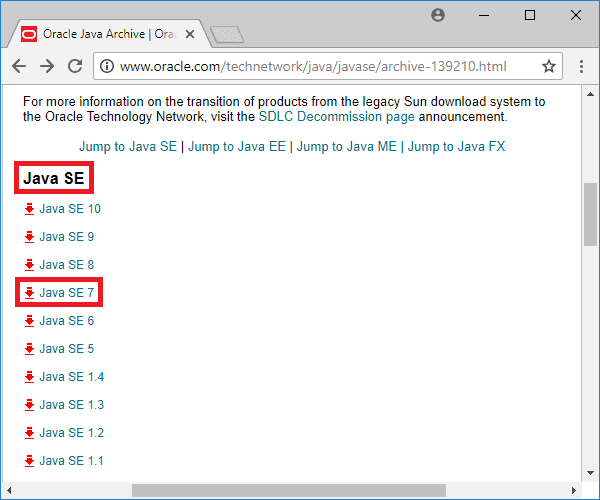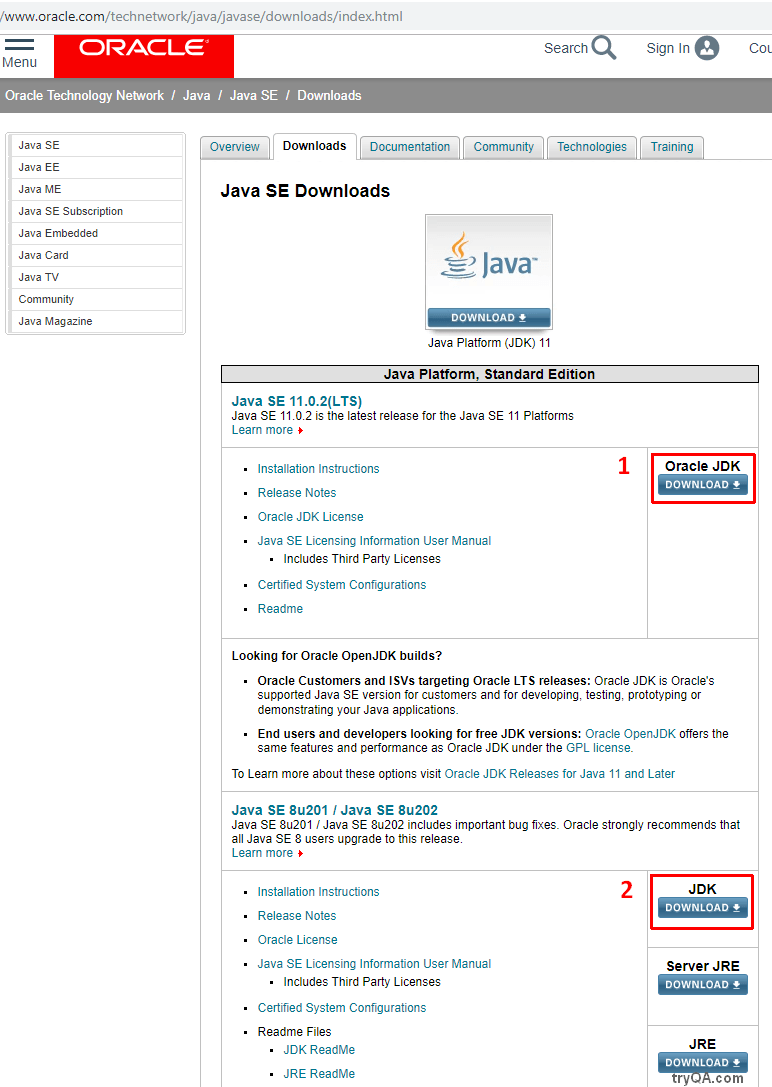
OpenJDK 64-Bit Server VM (build 11.0.7+10-post-Ubuntu-3ubuntu1, mixed mode, sharing) Setting Default version of Java OpenJDK Runtime Environment (build 11.0.7+10-post-Ubuntu-3ubuntu1) OpenJDK is a free and open-source implementation of the Java Platform, Standard Edition licensed under the GNU General Public License version 2.Ĭheck the latest release of OpenJDK 11 before running the command below: wget How to set default Java version on Ubuntu / Debian Method 2: Manually install OpenJDK 11 on Ubuntu 22.04|20.04|18.04 If you have more than one version of Java installed in your system, you can refer to our guide on how to set default version for all applications. Set environment variables sudo vim /etc/profile.d/jdk.sh Move the resulting folder to /usr/local/ sudo mv jdk-11* /usr/local/ After the download, extract the archive tar zxvf openjdk-11+28_linux-圆4_ This will download OpenJDK 11 tar file to your working directory. Source your profile file and check java command $ source /etc/profile Java Platform, Standard Edition (Java SE), permits you to deploy Java applications on desktops as well as servers. OpenJDK 64-Bit Server VM 18.9 (build 11.0.2+9, mixed mode) OpenJDK Runtime Environment 18.9 (build 11.0.2+9) JavaRA can remove old versions and install the latest. wget -no-check-certificate -c -header "Cookie: oraclelicense=accept-securebackup-cookie" usr/local/jdk-11.0.2/bin/java Method 3: Manually Install Java SE Development Kit 11 (JDK 11)ĭownload the latest release of JDK 11.

Java(TM) SE Runtime Environment 18.9 (build 11.0.2+9-LTS) Source the file and confirm Java version installed $ source /etc/profile.d/jdk.sh If you encounter dependency issues, then run: $ sudo apt -f install Then install the package with the dpkgcommand sudo apt install.


Java HotSpot(TM) 64-Bit Server VM 18.9 (build 11.0.


 0 kommentar(er)
0 kommentar(er)
